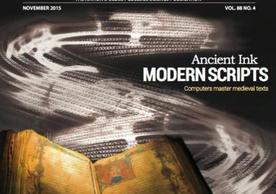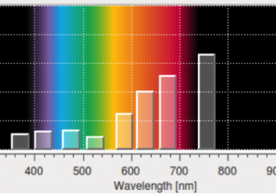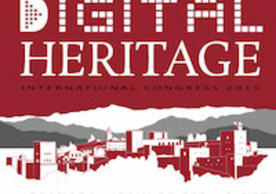Medieval manuscripts are windows to the past and their study leads to important literary, historical, and social insights. However, using medieval manuscripts has always been challenging – they are distributed in collections throughout the world and access to them often is limited because of their age and condition. Scholarship has relied upon physical examination and an expert eye trained over many years to analyze text, graphical and artistic elements.
In September 2012, the Andrew W. Mellon Foundation awarded Yale University a $650,000 grant to support scholarship with medieval manuscripts by using new digital tools to facilitate access and to use new approaches to pursue answers to long-standing questions in the field. The rapidly evolving fields of digital technology can assist scholars of the Middle Ages in a variety of new ways – ways that can add a quantifiable and replicable dimension to the research, and ways that can advance and disseminate a scholar’s research that were not before possible. Digitally Enabled Scholarship with Medieval Manuscripts at Yale University is a 27-month project to introduce innovative tools for digital cultural heritage studies.
Yale is an ideal environment for this work. Yale faculty and graduate students are eager to explore new methods in working with manuscripts. The Beinecke Rare Book and Manuscript Library houses exceptional medieval manuscript collections. The Yale Academic Software Development group (formerly Yale Digital Collections) hosts a world-class Digital Content Platform and provides support for research into digital collections.
The grant entails four faculty projects that will analyze digitized medieval manuscripts within an interoperable technical platform.





